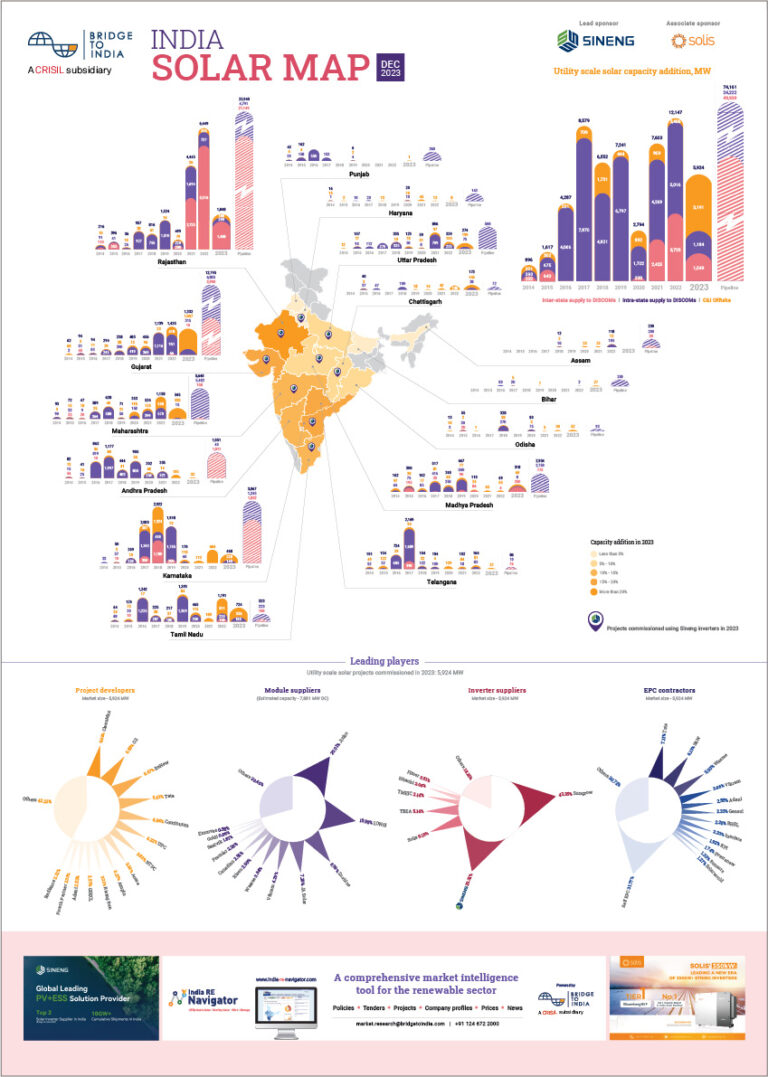MNRE’s proposed quality testing and standards regime is facing a difficult take-off. Policy ambiguity and lack of testing infrastructure have already led to multiple revisions in implementation timetable.
- The Indian RE sector has a major quality problem and MNRE intervention, long overdue, is highly welcome;
- The policy needs to be backed up with urgent investments in testing infrastructure;
- MNRE needs to work actively with the industry to finetune the policy and define a clear, time-bound implementation roadmap to address concerns;
Poor quality is the proverbial ‘elephant in the room’ for the RE sector, more so for solar PV than for wind or any other technology. Project developers, contractors and equipment suppliers are under an increasing amount of pricing pressure because of the extremely competitive nature of this market. The result has been aggressive cost cutting, combined in many instances, with poor design, engineering and equipment selection. Highly fragmented and commoditized nature of the sector has further added to these concerns. There is ample anecdotal evidence about projects underperforming significantly even in early years of operations. But hard data remains impossible to get as both developers and equipment suppliers are worried about negative impact on their future business prospects.
Heeding long standing quality concerns in the industry, MNRE acted belatedly and issued two separate orders last year:
- Solar Photovoltaics, Systems, Devices and Components Goods Order in August 2017 mandates all equipment manufacturers, suppliers and distributors to ensure compliance with new local standards specified by Bureau of Indian Standards (BIS) by 30 September 2018. The order applies to all goods both domestically manufactured and imported from other countries. Non-compliant products are proposed to be scrapped immediately.
- Lab policy for testing, standardization and certification for RE sector, issued in December 2017, aims to develop and update Indian standards for all RE systems and set up lab testing infrastructure in line with international best practices.
The orders, although well-intentioned, have caused confusion and pain in the industry. There is hardly any accredited lab testing infrastructure in the country at present. The few available labs have waiting list of several months. The requirements are challenging from a cost and timeline perspective, when the industry is already grappling with equipment cost increases, GST and import duties. The applicability of policy to individual components and kits is not clear. Many are also questioning the logic of testing requirements when the proposed BIS standards are almost identical to IEC standards.
Notwithstanding the short-term challenges, there should be no doubt that a quality policy is badly needed for long-term health of the sector. But the standards need to be recalibrated over time to suit Indian operating conditions. Effective implementation requires setting up of modern testing facilities throughout India and will take time. There also needs to be a clearer time-graded implementation pathway with strict penalties for non-compliance.












